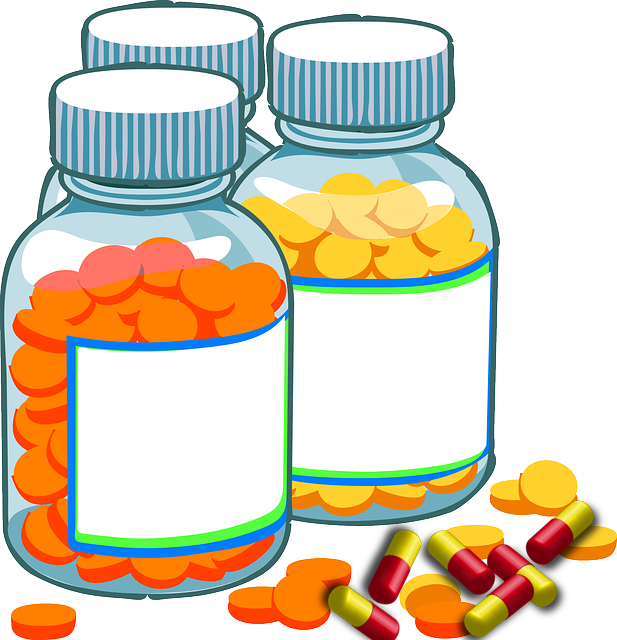Types of Medicines
| Medicine | Use |
|---|---|
| Anti-pyretic | Medicine to reduce the body temperature |
| Anti-histamine | Medicine to provide relief in certain allergies and coughs |
| Anti-flatulence | Medicine to reduce intestinal gas |
| Anti-spasmodic | Medicine to reduce muscular contractions usually in stomach |
| Antacid | Medicine to counteract stomach acidity |
| Antihelmenthic | Medicine used to expel parasitic worms from the body |
| Aphetamine | Medicine used to increase energy and reduce appetite |
| Anabolic steroid | Medicine used to increase muscles to improve performance in sports etc. |
| Antibiotic | Medicine used to cure bacterial infections |
| Beta-blocker | Medicine used to make the heart work more slowly |
| Decongestant | Medicine that helps one to breathe more easily during lung infections |
| Diuretics | Medicine to increase the discharge of urine |
| Expectorant | Medicine which helps in expulsion of mucus from the lungs |
| Laxative | Medicine to provide relief in constipation |
| Statin | Medicine used to reduce the amount of cholesterol in the blood |
| Tranquiliser | Medicine to reduce anxiety and bring about calmness |
The First Antibiotic
The first antibiotic to be discovered and widely used in medicine was penicillin. Penicillin was discovered by Scottish scientist Alexander Fleming in 1928. He noticed that a mold called Penicillium notatum had contaminated one of his laboratory dishes, and that the bacteria growing in the dish around the mold had been killed off. Fleming identified the substance produced by the mold as penicillin, which he found was effective against a range of bacteria.
